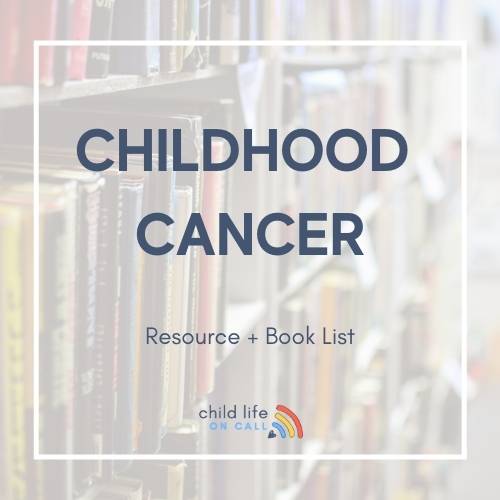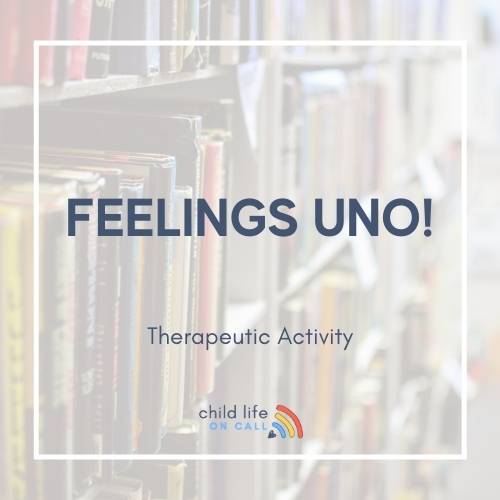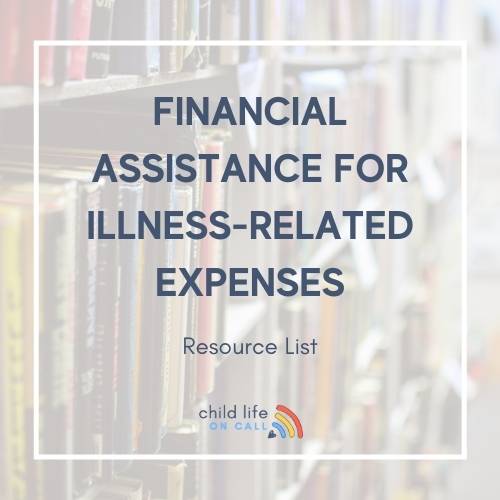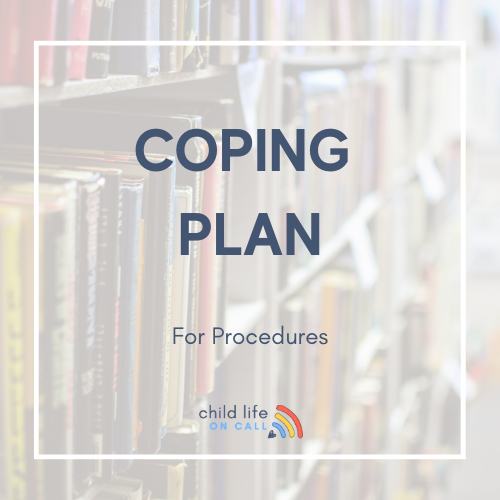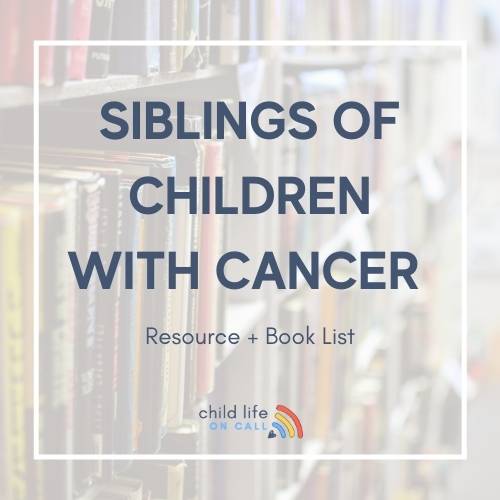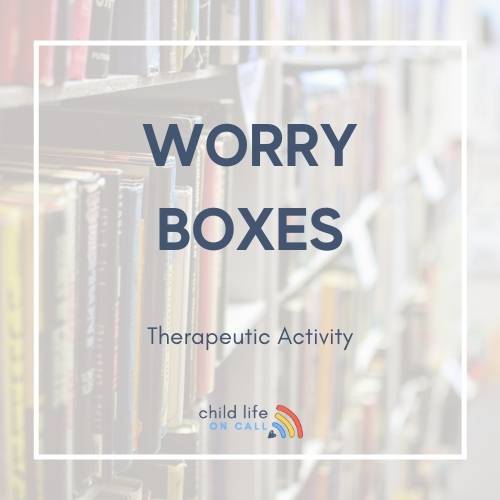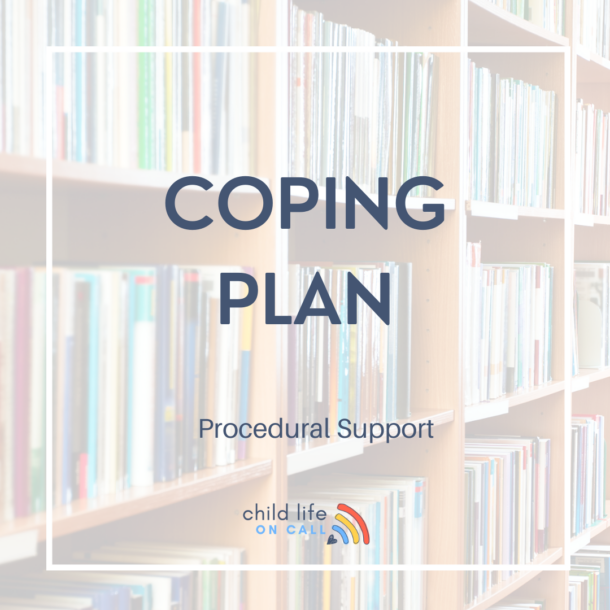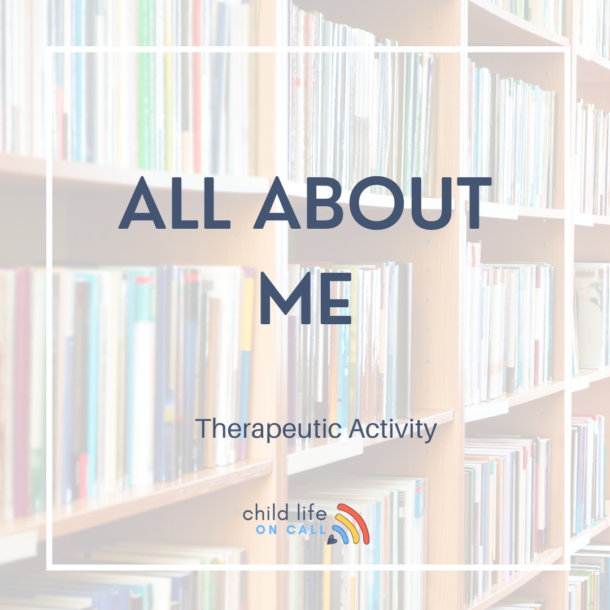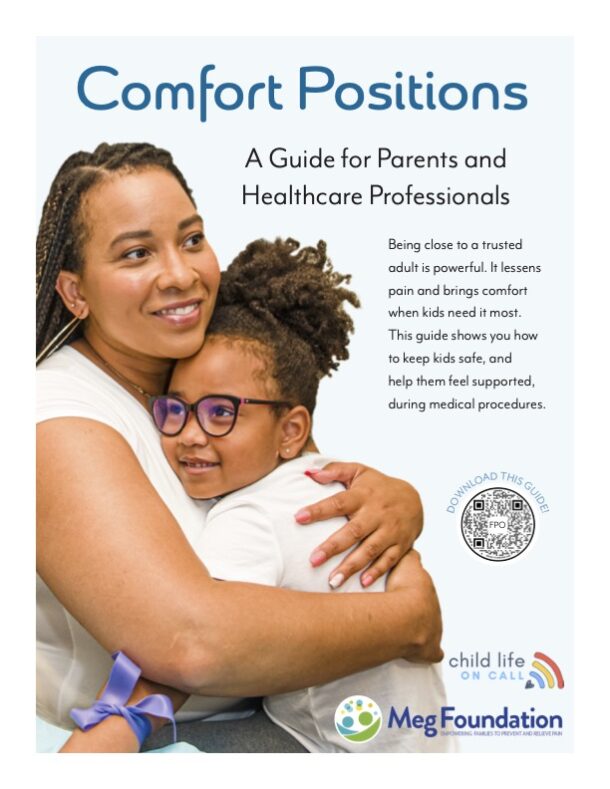Being and becoming a parent can be a great responsibility and challenges can arise as your family grows through the years. Finding out that your child has congenital cataracts can be stressful. And learning that eye surgery is a part of the process can be overwhelming. Knowing what to expect as you walk through this journey with your child can help relieve stress and help you become an advocate.
What to know about congenital cataracts?
Congenital Cataract is a rare birth defect of the eye development which can cause vision issues or blindness. This is generally diagnosed at the birth of a child (Congenital Cartacts, 2019). Congenital Cataract is clouding over the eye lens which is normally clear and it can be present in one or both eyes. A Congenital Cataract requires early treatment and surgery to help prevent vision loss and help the child’s eyesight development (Congenital Cartacts, 2019).
What types of questions should I ask my child’s doctor?
Being a parent having a child who needs to have surgery can be nerve-racking and scary all at once. As a parent, you might not know what questions to ask or where to even begin. Most of the time, patients may be hospitalized for a day or two based on the doctor’s recommendation.
Depending on your child’s diagnosis and procedure it will vary on which location of the hospital your child might go to after surgery. Sometimes they can go to the post-op/surgical unit, be hospitalized in the NICU, or be placed on the general pediatric floor. These questions are based on the unit they might need to be placed after surgery.
Post-Op/Surgical Unit/General Pediatric Questions:
- How long does the procedure take?
- What will they wake up with on their eye or eyes?
- When will they be able to visually see?
- How do I know how much pain my infant is experiencing? What are things I should look for when figuring out their comfort level?
- What does aftercare look like?
All of these questions can help you prepare for how long you will need to be at the hospital. Being able to plan prior to surgery day can help alleviate stress. Knowing what to expect to see post-surgery can help you prepare mentally and physically. You as a parent know what is best for you and your family. This can be the beginning of you becoming an advocate for your family.
Take a look at our anesthesia resource for parents.
NICU Questions
- Who is a part of my child’s care team for this procedure? (i.e. child life specialist, optometrist, surgeon, RN, etc.)
- When can I expect updates from the team?
- Does your hospital or NICU department have a type of technology or virtual setting for me to check in on my child during the day?
Knowing who is on your care team can help minimize the number of people you talk to and you as the parent can know who you need to be speaking with to get information and updates on your child. Sometimes the doctors will have a set time of when they are going to be seeing your child and will have information. Check with your children’s hospital to see if they have a system set up for you to virtually check on your child when you cannot be at the hospital. This could be called “tick-in-call”, “NicView”, or “AngelEye.”
What treatment options can occur after cataract surgery?
Depending on the child’s diagnosis and continuation of treatment after surgery, these treatment options can occur but will be based on the doctor’s recommendations. This is something that can be asked and discussed with your doctor prior to or after surgery. These are some common post-surgery continuation treatment options.
- Patch Therapy
- Patch therapy is for when your child has one eye that is stronger than the other. A patch will be placed over the child’s stronger eye to help the weaker eye get stronger. Patch therapy helps the child’s brain to send signals to the weaker eye to improve the eyesight. The child’s doctor will determine how long the patch needs to be worn each day and how long patch therapy will last (Congenital Cataracts, 2019).
- Early Intervention Services (EIS)
- EIS is a special service that can help children who have vision problems. These special services can include therapy which can help your child talk, walk, learn a variety of skills, and interact with others (Congenital Cataracts, 2019).
- Intraocular Lens (IOL):
- This is a lens that the surgeon will place in the child’s eye during surgery. This will replace the normal lens of the eye. This is recommended for children older than 1-year-old (Gyllén, J., et al., 2020).
- Contact Lens:
- This is a special thick contact that is made specifically for congenital cataracts. This is worn throughout the day and taken off at night. This type of contact lens is magnified in the normal eye (Gyllén, J., et al., 2020).
Being a parent comes with so many ups and downs when caring for your family and child. Having a child who needs surgery can be very stressful and knowing what to expect. Hopefully, these questions can help you advocate for your family as you go through this journey.
Parent Resources
Congenital cataracts – March of Dimes a non-profit organization provides additional resources and information on congenital cataracts.
Congenital cataract Information | Mount Sinai – New York – Mount Sinai provides additional information on congenital cataracts and resources for finding a doctor.
Childhood cataracts – Treatment – NHS – NHS provides additional information regarding treatment for congenital cataracts.
Congenital Cataracts – Children’s Eye Physicians – Colorado Family Eye Center provides a story of a family who has a child with congenital cataracts and their journey of treatment.
References
Congenital cataracts. Home. (2019, July). Retrieved from https://www.marchofdimes.org/complications/congenital-cataracts.aspx
Horrigan, J., & Stimson, D. (2015, September 10). Contacts better than permanent lenses for babies after cataract surgery. National Institutes of Health. Retrieved from https://www.nih.gov/news-events/news-releases/contacts-better-permanent-lenses-babies-after-cataract-surgery
Taylor, K. (2022, April 18). Episode 63: Krystal’s story – a son with neonatal pneumothorax in the NICU. Child Life On Call. Retrieved from https://childlifeoncall.com/podcasts/episode-63-krystals-story-a-son-with-neonatal-pneumothorax-in-the-nicu/
Gyllén, J., Magnusson, G., & Forsberg, A. (2020). Parents’ Reported Experiences When Having a Child with Cataract-Important Aspects of Self-Management Obtained from the Paediatric Cataract Register (PECARE). International journal of environmental research and public health, 17(17), 6329. https://doi.org/10.3390/ijerph17176329

